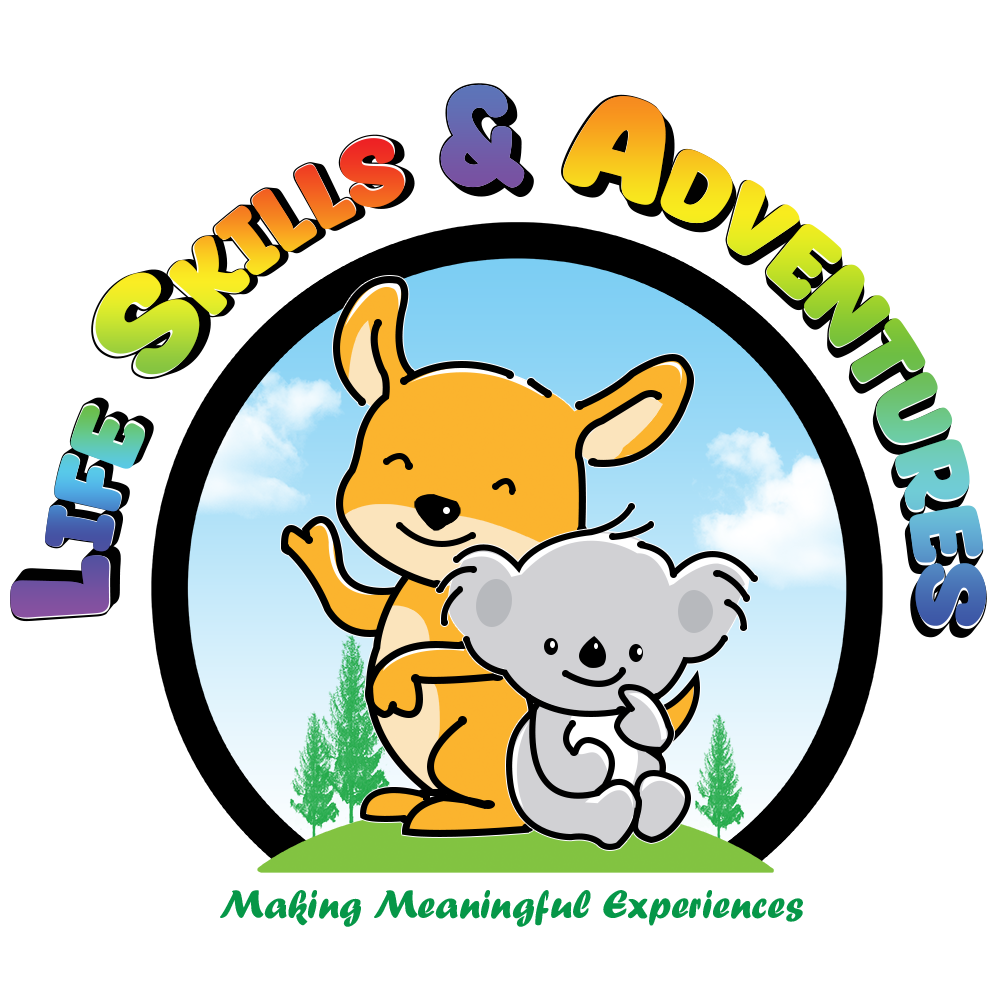When you think about youth camps, what comes to mind? Probably things like outdoor adventures, making friends, and learning new skills. But for children with disabilities, camp can be so much more. It’s not just a fun getaway—it’s a life-changing experience that builds confidence, independence, and connection.
Let’s dive into how camps designed for children with disabilities make a real difference.
1. Camps Are Designed for Your Child’s Unique Needs
Traditional camps don’t always meet the needs of children with disabilities. That’s where specialised camps come in.
These programs are thoughtfully designed with your child in mind. Whether it’s wheelchair-accessible facilities, sensory-friendly spaces, or staff trained in working with a variety of needs, these camps provide an environment where your child can thrive.
And because everyone at the camp understands and accommodates disabilities, your child doesn’t have to feel “different.” They can just be themselves.
2. New Skills = New Confidence
At camp, your child will try new activities they may not have access to at home or school.
Think about adaptive sports, swimming, or even arts and crafts tailored to their abilities. These activities push boundaries in a safe, supportive way.
When your child learns a new skill—whether it’s paddling a canoe or completing a creative project—it gives them a sense of accomplishment. That success builds confidence, and that confidence spills over into other areas of their life.
3. Independence Starts with Small Wins
One of the most powerful outcomes of camp is the independence your child gains.
For many kids with disabilities, daily routines often involve a lot of help from adults. At camp, they get the chance to do more for themselves, whether it’s making decisions about their day or participating in tasks like setting up for meals.
This might seem small, but these moments of independence are big leaps toward self-reliance.
Plus, knowing they can handle challenges on their own boosts their self-esteem in ways that last long after camp ends.
4. Friendships That Matter
Making friends isn’t always easy for children with disabilities. But at camp, your child is surrounded by peers who understand their experiences.
These shared moments—laughing around a campfire, cheering each other on in activities—create bonds that are hard to replicate elsewhere.
These friendships can be life-changing. They remind your child that they’re not alone, giving them a sense of belonging and support that extends beyond camp.
5. A Break for You, Too
As a caregiver, you’re always “on.” Camp isn’t just a chance for your child to grow—it’s an opportunity for you to recharge.
Knowing your child is in a safe, nurturing environment allows you to take a breather, focus on yourself, or spend time with other family members.
When your child returns home, you’ll see the growth they’ve made, and that alone makes this time apart worth it.
6. Long-Term Impact You Can’t Measure
The benefits of camp don’t stop when the session ends.
The confidence, independence, and friendships your child gains at camp often carry over into their daily life. You’ll notice they’re more willing to try new things, speak up for themselves, and tackle challenges with determination.
Camp isn’t just a short-term experience—it’s a stepping stone toward a more confident, fulfilled future.
Final Thoughts: Give Your Child the Gift of Camp
If you’re hesitant about sending your child to camp, know this: it’s normal to feel that way. But the outcomes are worth it.
Camps designed for children with disabilities create an environment where your child can flourish. They’ll return home with more confidence, independence, and friendships that matter.
And you’ll see them shine in ways you never imagined.
So, why wait? Start exploring camps today. It could be the best decision you make for your child—and for yourself.

